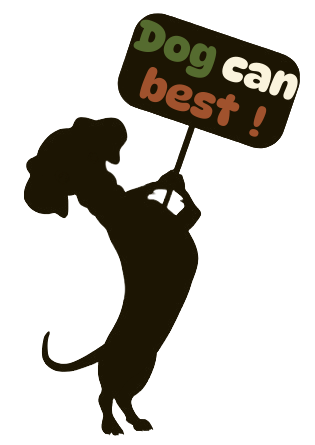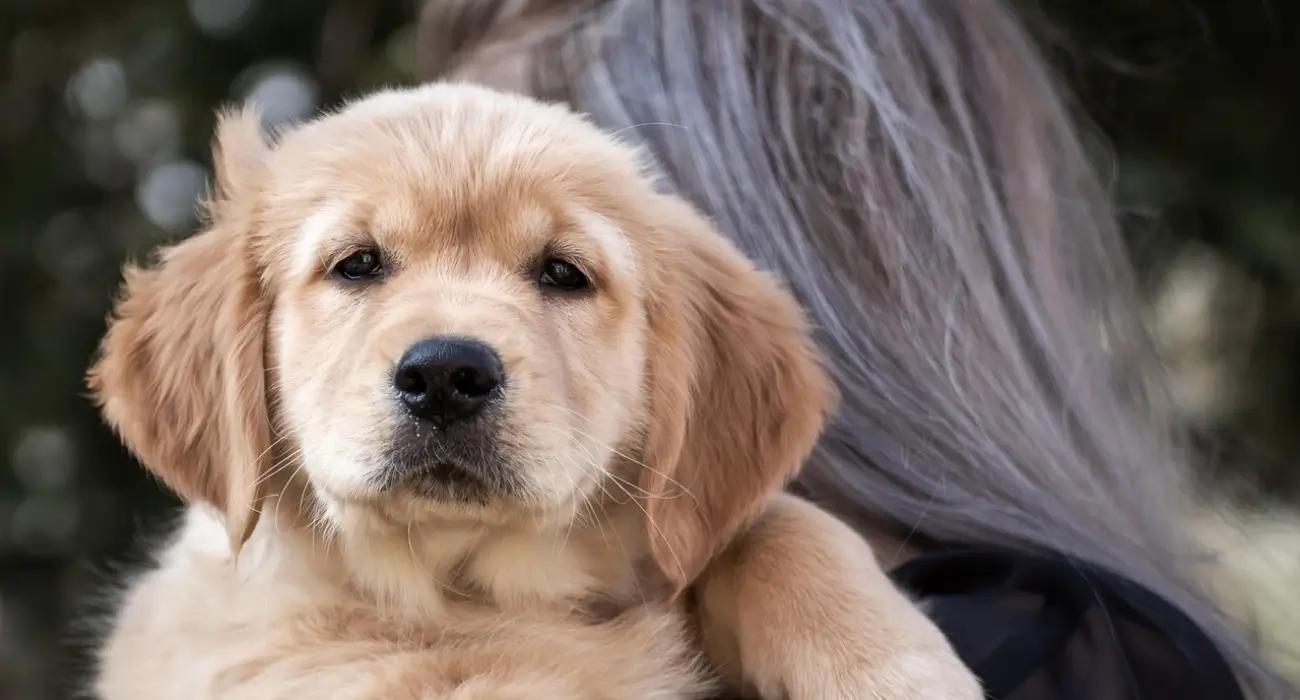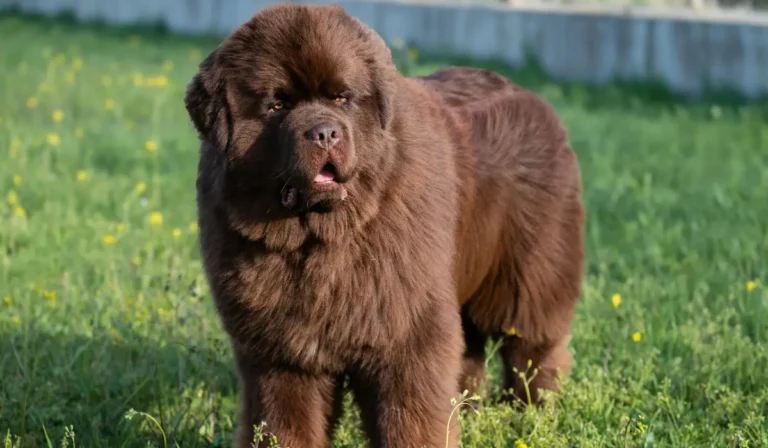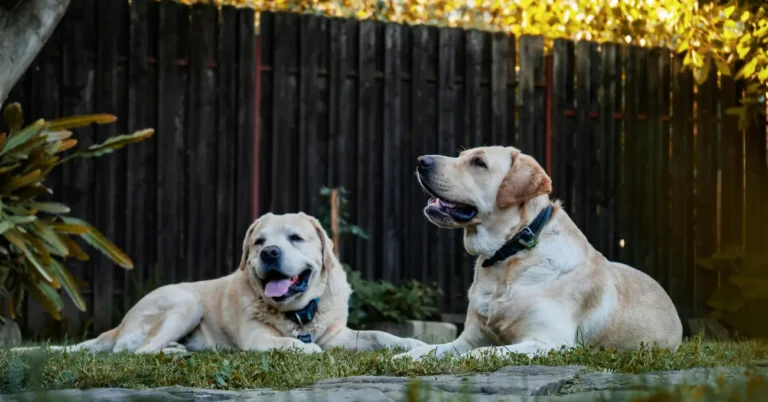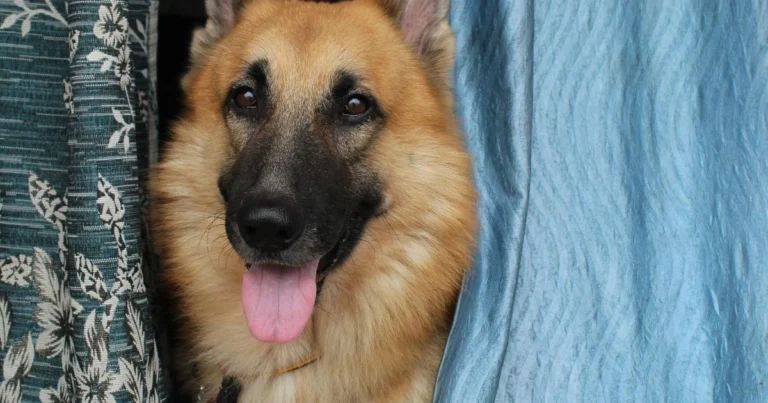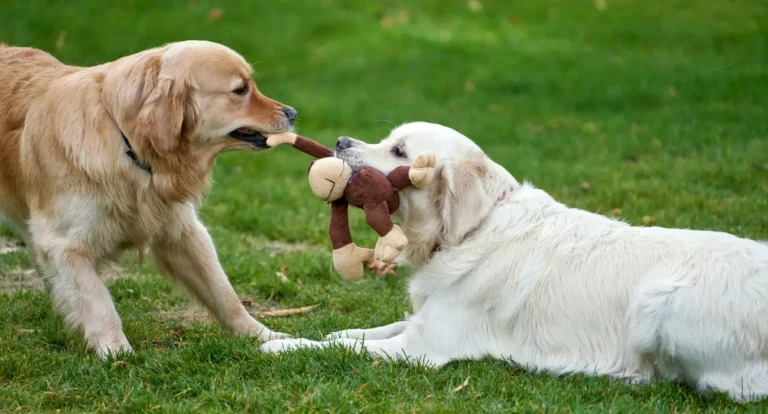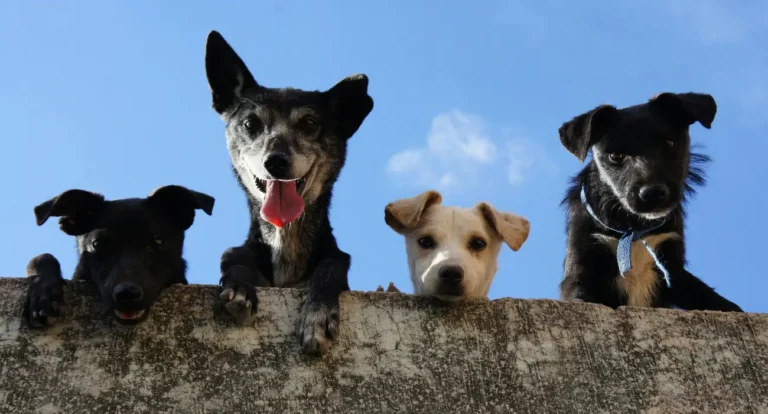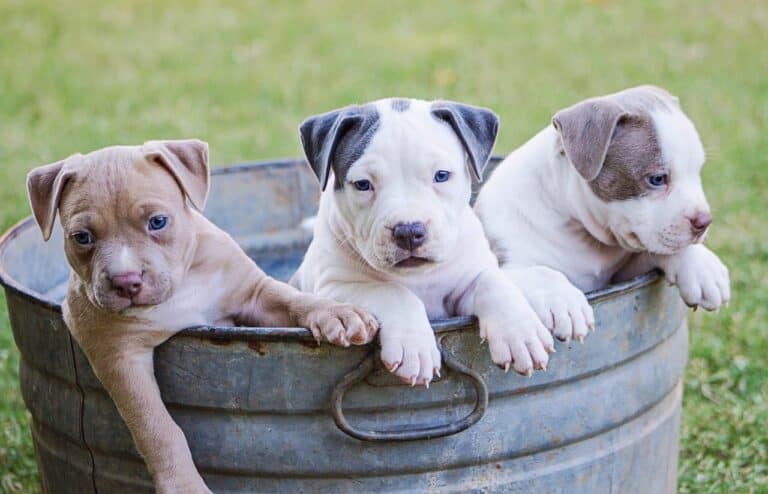Golden Retriever Puppy: 7 Essential Care Tips for a Happy Pup
Have you just brought home a Golden Retriever puppy or are considering adopting one? Golden Retrievers are some of the most friendly, playful and loyal dogs you can find, and they make a great addition to any family. Like any puppies, however, they need to be cared for properly in order to develop into balanced, healthy adults. So what are the best practices for your Golden Retriever puppy to have a happy, healthy start in life? In this post, we will go over the seven key care practices every Golden Retriever puppy owner should know. These are very simple, yet key practices to make sure you give your puppy the best possible start in life. Ingredients list
Table of Contents
Ingredients List
Taking care of your Golden Retriever puppy is like cooking a meal the right combination of the correct pieces create a big difference!
Here are the important pieces:Correct Nutrition: High quality puppy food to provide essential nutrients.
Regular Exercise: Play and outdoor exercise appropriate to the puppy’s age.
Training: Positive reinforcement methods.
Socialization: Safe introductions to a variety of people and places.
Health Care: Regular veterinary visits and vaccinations.
Grooming Tools: Brushes, clippers, and ear cleaning instruments.
Safe Environment: A tidy, secure area where your puppy can explore.
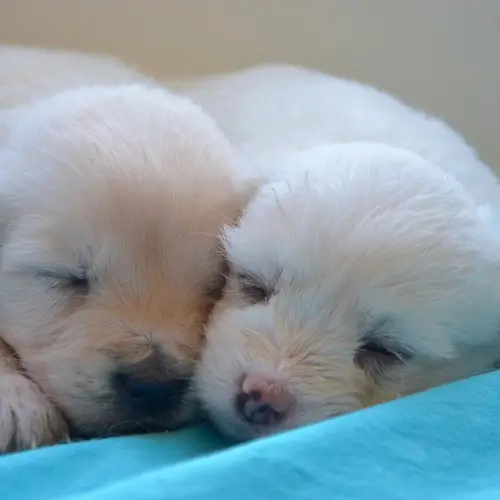
Timing
The timing of each aspect of care is critical to the development of your Golden Retriever puppy.
Here’s how you can implement your schedule:
Feeding: Puppies will need to be fed more frequently than adult dogs.
Try feeding the puppy three separate meals throughout the day, then slowly reduce to twice a day as your puppy nears six months old.
Exercise: Begin with short, gentle playtime sessions, and always keep playtime brief so your puppy does not overdo it.
Slowly lengthen play time as your puppy continues to gain strength.
Training: Start early with basic obedience training.
Puppies of this breed tend to be eager to please which makes training easier. Keep training sessions of basic obedience to less than 10 minutes to avoid frustration for you and your growing puppy.
Check-ups: Regular visits to your veterinarian will be important, especially in the first couple of months, for vaccinations, flea control, and overall health assessments.
Steps to Follow
- Provide a Healthy Diet:When it comes to puppies, a highly nutritious, appropriate diet can help with significant and rapid growth Cage puppies typically require greater nutritional support than two or three month – old puppies. Most importantly, let Puppy Food provide quality, with a minimum percentage of animal protein and essential fatty acids (DHA) for brain growth and developement of the eyes. Be sure to follow the suggested feeding guidelines on the bag or can, and consult your veterinarian about the right amount for your puppy.
- Moderate Exercise :Although puppies are full of energy, it is very important to balance playtime with rest time. You can try age-appropriate activities for your golden retriever puppy, including, fetch, short exercise walks and playtime in a secured area. I would recommend keeping any session about 15 – 20 minutes, and gradually increase the sessions as your puppy matures.
- Training Puppies:Golden Retrievers are highly intelligent and easily trainable breeds. Therefore, I would recommend starting the basic obedience training as soon as the puppy arrives in the home, such as: sit, stay, come and down. I would suggest using positives reinforcement training with the use of food, praises and etc. Also, short, frequent training are effective use of time to keep the puppy attention and wants to keep it fun to learn.
- Socializing Your Puppy:Socialization is crucial for Golden Retriever puppies. Early exposure to various people, animals and environments will help your puppy become a well-rounded adult. It also helps those anxiety issues your puppy will have. Attend puppy socialization classes, head to a local park, or have friends come over to socialize your puppy with other people.
- Grooming Your Puppy:Golden Retrievers have gorgeous thick, long coats. Grooming is so important. Make sure you are brushing your puppy’s coat at least 2-3 times a week to prevent matting and to reduce shedding. You’ll be able to stop skin issues, ticks, or parasites from becoming a significant problem with regular grooming. And don’t forget to trim their nails and clean their ears regularly too!
- Annual Vet Visit:Don’t forget your puppy’s vaccinations, deworming, and flea prevention treatments. You will also discuss a health and wellness plan with your vet for your puppy. This is the time to discuss microchipping and/or spaying/neutering your puppy.
- The first few weeks you will want to make appointments every 3-4 weeks to the vet.Safe Comforts:Understandably, your puppy needs a corner of your home that is theirs for resting, sleeping, and being a dog. Whether it is a crate or a soft bed, they need they need to be able to have a space all to themselves when they want. You must also take extra precautions to puppy-proof your space so your puppy is safe and not in harms way. Make sure there are plenty of toys so your puppy is not bored.

Nutrition Information
Golden Retriever puppies require a balanced diet to meet their growing nutritional needs.
Here are some basic nutrients they need to consume regularly.
Protein: Protein will help build muscle and promotes immune health.
Fatty Acids: Omega-3 and Omega-6 fatty acids will keep the skin/coat healthy and promote cognitive function.
Carbohydrates: Carbohydrates are an energy source that helps support digestion and overall health.
Vitamins & Minerals: Vitamins and variety of minerals help support bone growth, immune system function, and overall growth.
You can consider puppy food that shows these types of nutrients in balance for healthy growth.
Healthier Alternatives for This Recipe!
If your puppy is prone to an upset stomach or allergies, you may want to consider their modified diets below:
Grain-Free Diet: It is possible that your Golden Retriever puppy has an antigen to wheat or grains.
Quality Protein: Find a puppy food formulated with identifiable animal protein like chicken, lamb or turkey. Add Fresh Foods:
Add fresh vegetables like carrots and green beans to the diet as a snack.
Suggestions when Serving When serving your Golden Retriever puppy their food, always do so in a clean bowl, and make sure that the puppy has fresh water at all times.
When it’s play time, you can provide them with teething safe chew toys.When working on training them why it’s important to use small steak or chicken pieces or small healthy treats for positive reinforcement.
Pitfalls to Avoid when ServingOverfeeding: Asking your puppy for food is so cute, but overfeeding them can result in obesity which can put strain on their joints and bones.
Inconsistent Training: Last but not least, when you have a puppy you want to implement the ideal amount of consistent structure into their training, as a Golden Retriever will pick up on inconsistent structures very easily.
Not Socializing: Missing out on socializing him or her when they are younger can create behavioral issues down the road. How to Store the RecipeYou can store your puppy’s food in a cool and dry area, to maintain the fresh ingredients for longer.
If you create homemade treats for your Golden Retriever puppy, then you should give those treats the ability to breathe in an airtight container to protect the flavor and texture of them.
Conclusion
Caring for a Golden Retriever puppy is an exciting journey that demands love, attention, and dedication. Implementing these important considerations can help raise your Golden Retriever puppy into a healthy, happy, well-behaved full-grown dog. Are you ready to take the next steps with your Golden Retriever puppy? We’d love to hear your thoughts and experiences in the comments and subscribe to see more posts and tips related to raising your pet!
FAQs
- How much exercise does a Golden Retriever puppy need? Golden Retriever puppies need around 15-20 minutes of exercise per session, increasing as they grow. Avoid overexerting them to protect their joints.
- When can I start training my Golden Retriever puppy? Start basic obedience training as early as possible, typically around 8 weeks old. Golden Retrievers are eager to learn, making training a fun experience.
- How often should I groom my Golden Retriever puppy? Brush your puppy’s coat two to three times a week to prevent mats and reduce shedding. Regular grooming also helps you monitor their overall health.
- What should I feed my Golden Retriever puppy? A high-quality puppy food rich in protein, healthy fats, and essential vitamins is crucial for your puppy’s growth and development.
- When should I take my Golden Retriever puppy to the vet? Schedule the first vet visit shortly after bringing your puppy home for vaccinations and a general health check. Regular check-ups are recommended every 3 to 4 weeks during the first few months.
